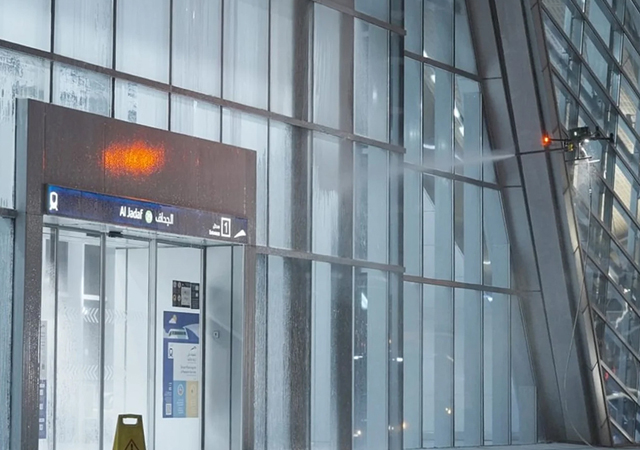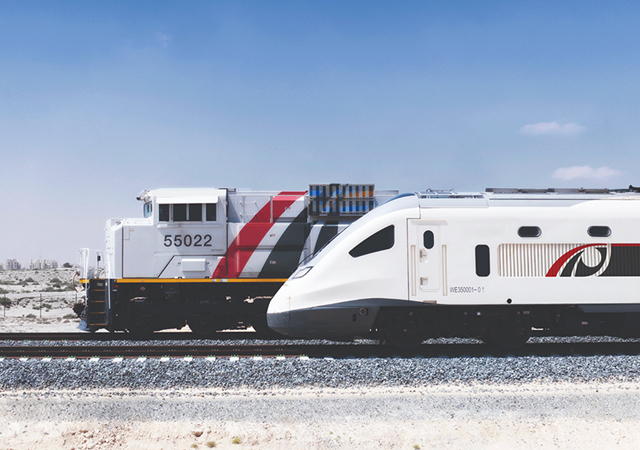
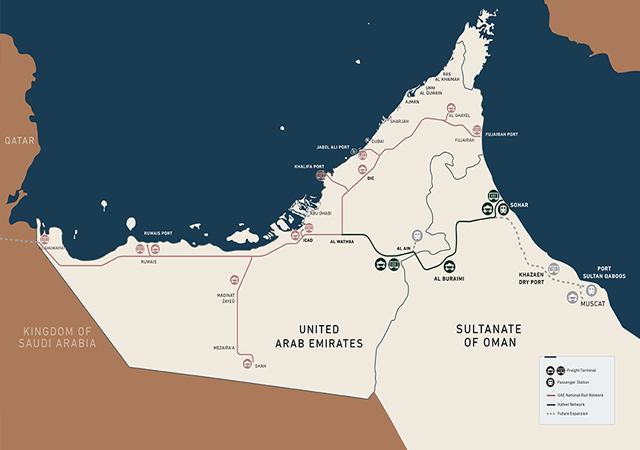 The 238-km Hafeet Rail network will connect the UAE with the Port of Sohar in Oman, linking the sultanate to the UAE National Rail Network.
The 238-km Hafeet Rail network will connect the UAE with the Port of Sohar in Oman, linking the sultanate to the UAE National Rail Network.
Excavation and embankment works are progressing rapidly across vast areas and a variety of terrains to shape the first regional railway that will link Oman and the UAE, according to a social media post last month by Hafeet Rail.
The joint venture spearheading the Oman-UAE railway network has awarded key construction and supply contracts in Oman as well as secured significant financing, marking substantial progress on the ambitious cross-border project, which is estimated to cost $2.5 billion.
Earlier this year, the company has contracted India’s Larsen & Toubro (L&T) and Power China for the design and construction of state-of-the-art railway logistics facilities in Al Buraimi and Sohar. The Sohar facility will include provisions for locomotive and wagon maintenance.
Separately, China Railway Rolling Stock Corporation (CRRC) has been tasked with the design, engineering, and supply of a next-generation fleet of high-performance freight wagons.
Ahmed bin Ali Al Bulushi, a Board Member of Hafeet Rail and CEO of Asyad Drydock & Infrastructure Services, stated that these contracts “represent a natural progression” in the project’s implementation, enhancing the network’s technical and commercial capabilities and fostering integration between local industries and regional markets.
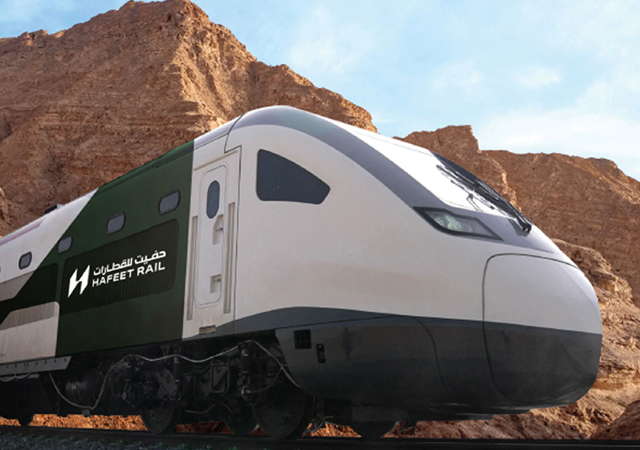 |
|
Hafeet Rail network is estimated to cost $2.5 billion. |
Hafeet Rail is a joint venture between Oman Rail, Etihad Rail, and Mubadala, established to develop a modern rail network that boosts logistics efficiency and drives economic growth between Oman and the UAE.
The network is expected to bolster trade and tourism by enhancing connectivity between the UAE, Oman, and the broader region. It also aims to strengthen the economic and cultural ties between the two countries, facilitating the movement of goods and people.
The 238-km Hafeet Rail network will connect the UAE with the Port of Sohar in Oman, linking the sultanate to the UAE National Rail Network, and its terminals across the country. The network will feature 60 bridges and tunnels stretching 2.5 km and 12 passenger stations, linking five major ports and 15 integrated freight facilities and various industrial and free zones across the two countries.
Once operational, freight trains are expected to transport over 15,000 tonnes of cargo per journey, significantly reducing travel time between Abu Dhabi and Sohar to approximately 100 minutes. Passenger services will also be offered on the network, with each train being able to accommodate up to 400 travellers and travelling at a speed of 200 km/h.
Earlier, Hafeet Rail signed a heads of terms agreement with Emsteel, one of the largest publicly traded steel and building materials manufacturers in the region, establishing a long-term partnership to ensure the seamless transportation of limestone and red shale, from Oman to the UAE.
Under the agreement, Hafeet Rail will carry an annual freight volume of 4.2 million tons over a 15-year term, extendable based on future demand.
This strategic collaboration aligns with Oman Vision 2040 and the UAE’s National Strategy for Industry and Advanced Technology (Operation 300bn), reinforcing secure, high-efficiency supply chains for critical raw materials.
These new awarded contracts reinforce Hafeet Rail’s ongoing infrastructure development, complementing previously awarded contracts covering civil works, signalling and control systems, locomotive procurement, and independent safety assessments.
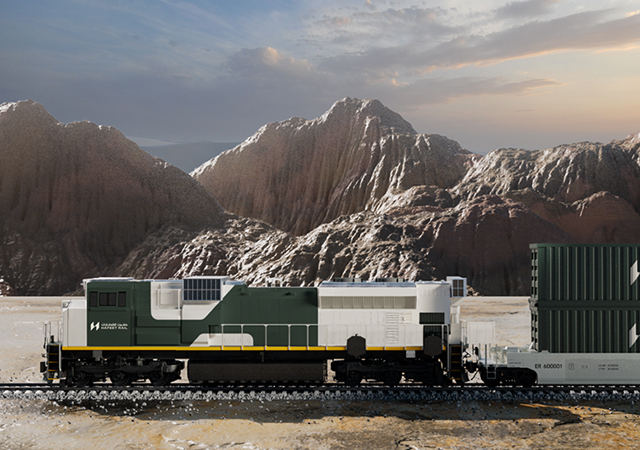 |
|
CRRC will design, engineer, and supply a next-generation fleet of freight wagons. |
These include an estimated AED5.5 billion design-and-build contract awarded to a consortium of Abu Dhabi-based National Projects Construction (NPC) – the infrastructure development arm of the Trojan Construction Group, National Infrastructure Construction Company (NICC), Tristar Engineering and Construction and Oman’s Galfar Engineering & Contracting,.
Siemens Mobility, together with its consortium partner Hassan Allam Construction, was awarded the Abu Dhabi-Sohar railway systems and integration contract. The partners will deliver the design, build and integration of the ETCS Level 2 signalling, telecom and power supply systems over the railway link. The signalling solutions are expected to be state-of-the-art and desert-proof.
$1.5 billion financing secured
Last October, key partner Etihad Rail announced the successful closure of a $1.5-billion financing agreement with a consortium of Emirati and Omani banks. The financing, backed by regional and international financial institutions, will support the development of the Hafeet Rail network.
The banking consortium includes major players from both nations, such as Abu Dhabi Commercial Bank, First Abu Dhabi Bank, Bank Muscat, and National Bank of Oman.
Hafeet Rail highlighted that it had successfully reduced the required bank financing from an initial $3 billion to $2.5 billion through strategic resource optimisation.
Engineering consultancy
Hafeet Rail has also engaged Systra, a French engineering and consultancy firm, to provide administrative and engineering consultancy services for the joint network.
These developments build upon previously awarded contracts covering civil works, signalling and control systems, locomotive procurement, and independent safety assessments, demonstrating sustained momentum in the realisation of the strategic Oman-UAE railway.
Benefits
The developing company is currently working on establishing the expected timeline for the project to become operational, when Hafeet Rail is expected to unlock efficiency in passenger and freight movement by:
• Reducing travel time between both countries;
• Integrating with other modes of transport to ensure last-mile delivery;
• Unifying interoperability standards to facilitate seamless and efficient border crossings – from gauge and track to signalling and communications systems;
• Eliminating delays related to weather and traffic conditions.
The network is designed to significantly shorten transit times for goods travelling between Oman, the UAE, and beyond. Additionally, rail transport is inherently more economical for moving large volumes of goods due to the cost efficiencies associated with rail compared to road transport, particularly when handling bulk shipments.
The Hafeet Rail network is seen as a greener alternative to traditional transport methods, with its primary environmental benefits being its lower carbon footprint compared to road and sea freight.
By shifting more freight onto rail, the network will help reduce overall greenhouse gas emissions associated with transportation. Furthermore, the project includes future plans to incorporate green energy initiatives, such as the use of clean energy sources, to further enhance its sustainability, said the company.


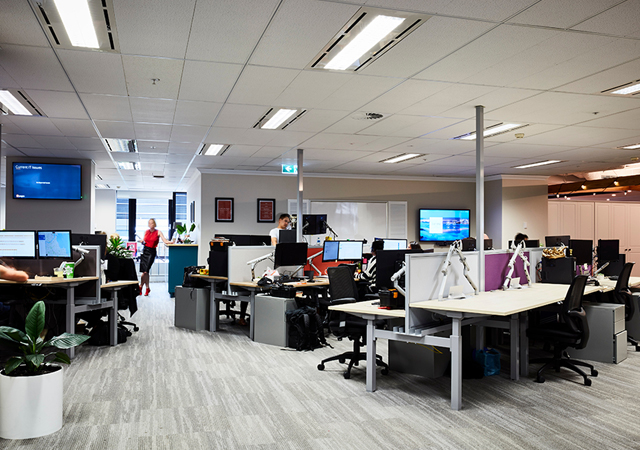



.jpg)

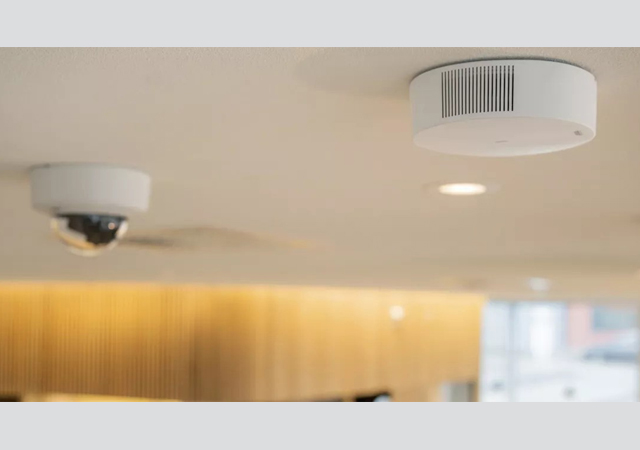







.jpg)




























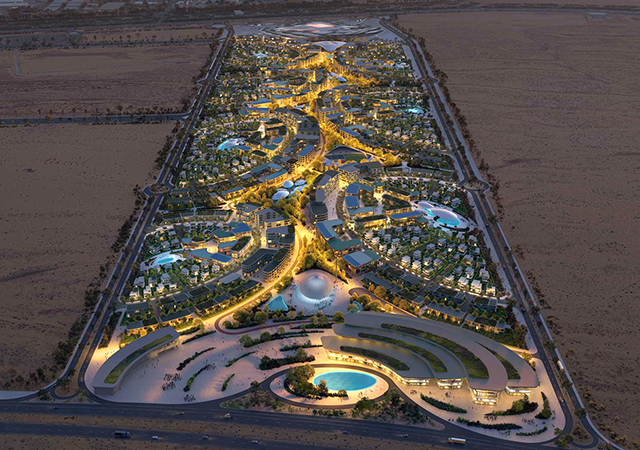







.jpg)


